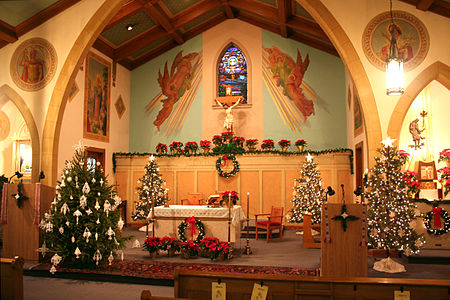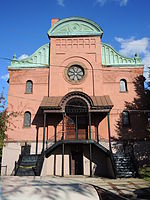Rochester () is a city in the U.S. state of New York and the seat of Monroe County. It is the fourth-most populous city and 10th most-populated municipality in New York, with a population of 211,328 at the 2020 census. The city forms the core of the larger Rochester metropolitan area in Western New York, with a population of over 1.09 million residents. Throughout its history, Rochester has acquired several nicknames based on local industries; it has been known as "the Flour City" and "the Flower City" for its dual role in flour production and floriculture, and as the “Imaging Capital of the World" for its association with film and still photography.The city was one of the United States' first boomtowns, initially due to the fertile Genesee River valley which gave rise to numerous flour mills, and then as a manufacturing center, which spurred further rapid population growth. Rochester has also played a key part in US history as a hub for social and political movements, especially abolitionism, and the women's rights movement.Rochester is the birthplace and home of companies including Eastman Kodak, Xerox, Bausch & Lomb, Wegmans, Gannett, Paychex, and Western Union, and the region became a global center for science, technology, and research and development. This has been aided by the presence of several internationally renowned universities, notably the University of Rochester and Rochester Institute of Technology, and their research programs; these schools, along with many other smaller colleges, have played an increasingly large role in its economy. The city experienced significant population decline due to deindustrialization in the late 20th century, although less severely than its Rust Belt peers. The Rochester metropolitan area is the third-largest regional economy in New York, after New York City and Buffalo-Niagara Falls.Rochester is also known for its culture; in particular, the Eastman School of Music, one of the most prestigious conservatories in the world, and the Rochester International Jazz Festival anchor a vibrant music industry. It is the site of several museums such as The Strong National Museum of Play and the George Eastman Museum, which houses the oldest photography collection in the world. Rochester is a global city, ranked by the Globalization and World Cities Research Network as having sufficiency status.











